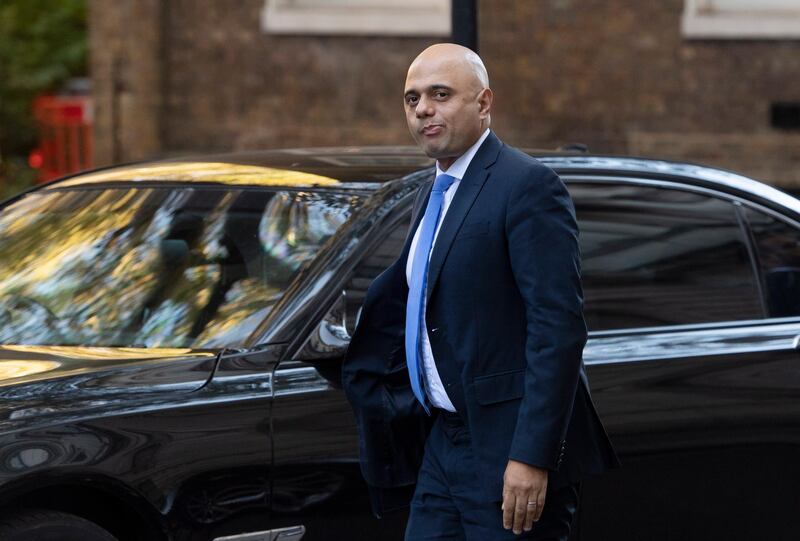The arrival of a handful of freezing, desperate migrants, some of them unaccompanied minors, on beaches in southern England on Christmas Day is not a crisis. And yet this event provoked uproar. Conservative MP for Dover, Charlie Elphicke, demanded the government "get a grip". Home Secretary Sajid Javid returned early from holiday to handle the "major incident". The right-wing press was rancorous and Nigel Farage, perhaps the leading exponent of Brexit, took to Twitter the following day to ask: "What is to stop thousands more coming?"
Altogether absent in these responses was a scintilla of perspective or compassion. Britain is the world’s seventh-wealthiest nation and an island, making it traditionally difficult to enter illegally. It is also no coincidence that it was Iraqis and Afghans, among others, who braved the frigid water to cross the English Channel. Seventeen years after British soldiers joined the US-led invasion of Afghanistan, these people are not a threat, but victims of western failures.
Fleeing war, poverty and suffering, they should be treated not with hostility and suspicion, but sympathy.
The episode echoed a similar incident in the US this year, over the “migrant caravan” – a few thousand central American migrants literally walking through Mexico to seek asylum. “I don’t care what the fake media says, that is an invasion of our country,” said US President Donald Trump while campaigning in Tennessee ahead of the vital November midterm elections.
This fabricated crisis dominated pre-midterm headlines and largely vanished afterwards. It also served as a painful demonstration of how migrants can be politicised by unprincipled leaders. This Christmas, Mr Trump triggered a government shutdown over funding for his border wall, the cornerstone of his presidential campaign. Meanwhile, two children have died in custody at the US-Mexico border, where officials have been separating families as a deterrent.
Previously one of the controversial policy’s advocates, the outgoing US chief of staff John Kelly acknowledged this week that the only way to stop illegal immigration is to “expand economic opportunity” in Central America.
Clearly, we have learned nothing in the last three years. In 2015, when the hysteria surrounding migration began in earnest, Syrian refugee Abdullah Kurdi appeared on British television on Christmas day with a simple message. The body of his three-year-old son, Aylan, had washed up on a beach in Turkey three months earlier, and the images had shocked the world. "At this time of year, I would ask you all to think about the pain of fathers, mothers and children who are seeking peace and security," said Mr Kurdi. "We ask just for a little sympathy from you."
Three years on, his pleas have gone unanswered. With violence gripping nations across the globe, the flow of migrants will not cease. Building walls and implementing hostile immigration policies only cause more unnecessary suffering.





